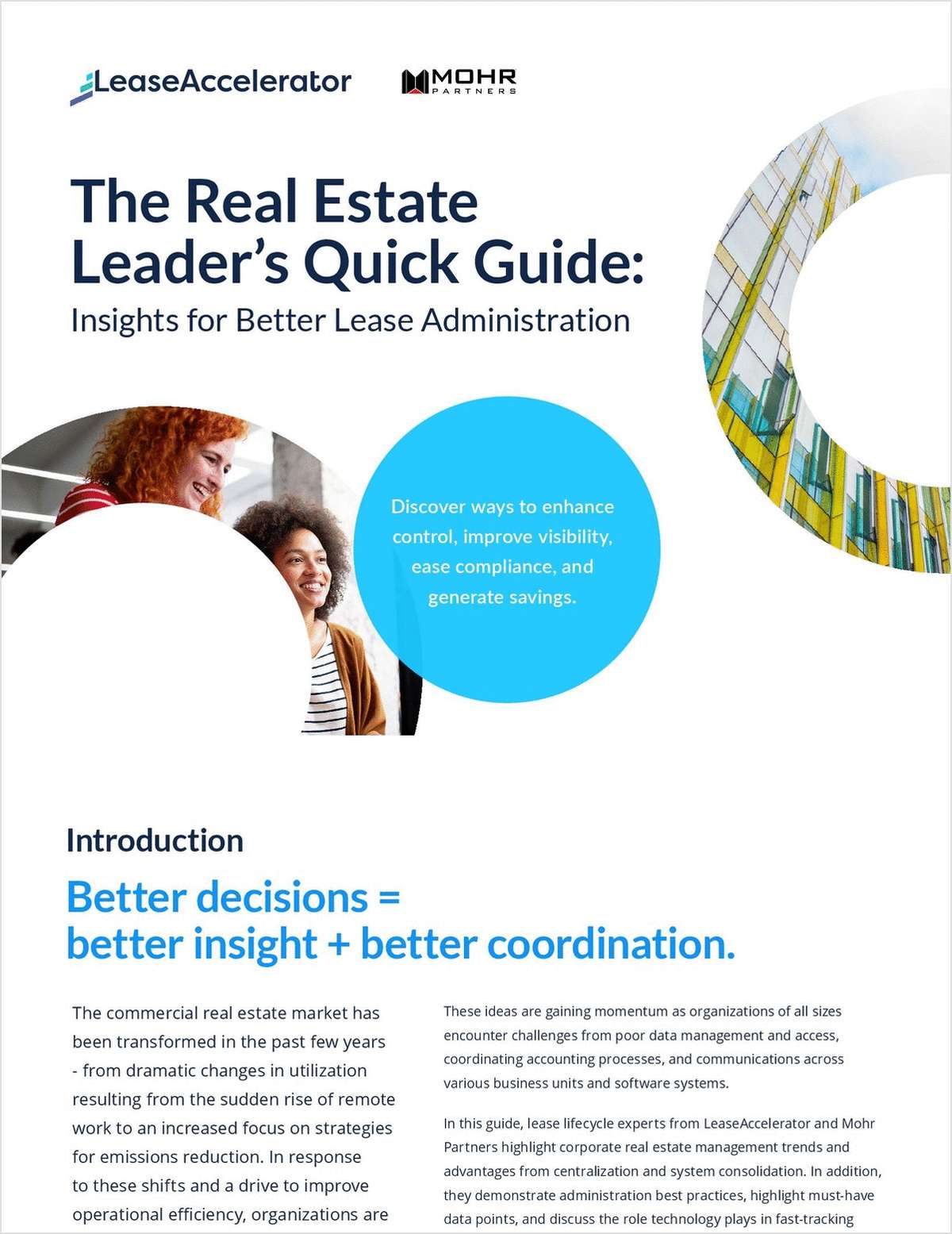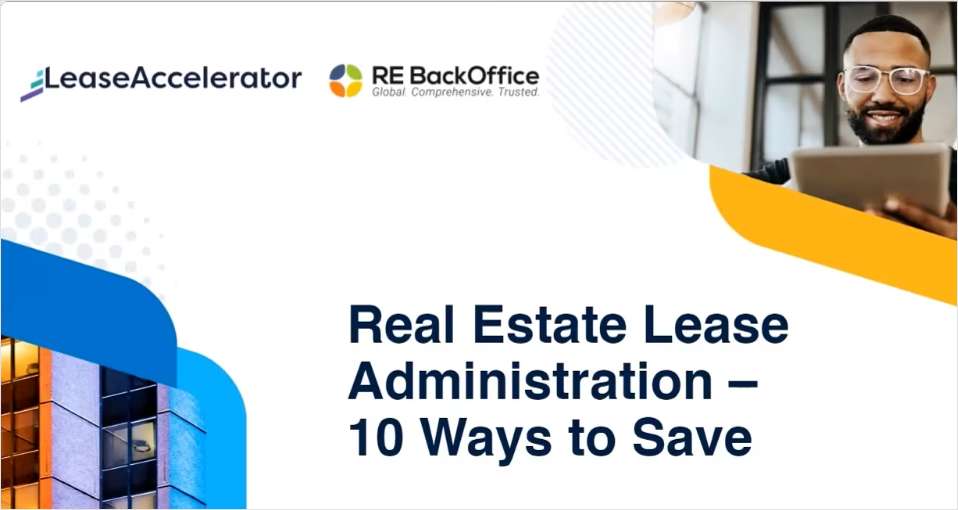
In contract drafting, efforts clauses are ubiquitous but poorly understood. In settlement agreements for distressed transactions, lawyers frequently use "best efforts" or "reasonable efforts" clauses to establish standards of performance for situations where a party must attempt to accomplish something it may not be able to achieve. Lawyers mostly agree that there is a sliding scale of rigor between the different types of efforts clauses. Where they fit on that scale is a different story.
To drive this point home, try this simple experiment: Rank the following phrases from most demanding to least: reasonable efforts, reasonable best efforts, diligent efforts, good faith efforts, best efforts and commercially reasonable efforts. No single efforts clause precisely defines a global standard for performance. Drafters carefully articulate efforts clauses so that standards for performance are legally and semantically justifiable.
Many practitioners view the scale of efforts standards as beginning with the basic duties of good faith and fair dealing, which is implied in every contract. Some believe the "best efforts" standard requires the obligor to do everything up to the point of litigation and/or bankruptcy towards the party's intended outcome. Perhaps that is why "best efforts" is commonly regarded among practitioners to be the most burdensome of efforts clauses. The other clauses listed above are seemingly less rigorous. While semantic distinctions among these phrases may be justifiable, their legal distinctions are unclear. The manner in which "best efforts" clauses have been handled by the courts eviscerates the possibility of setting an indubitable standard.
Continue Reading for Free
Register and gain access to:
- Breaking commercial real estate news and analysis, on-site and via our newsletters and custom alerts
- Educational webcasts, white papers, and ebooks from industry thought leaders
- Critical coverage of the property casualty insurance and financial advisory markets on our other ALM sites, PropertyCasualty360 and ThinkAdvisor
Already have an account? Sign In Now
© 2024 ALM Global, LLC, All Rights Reserved. Request academic re-use from www.copyright.com. All other uses, submit a request to [email protected]. For more information visit Asset & Logo Licensing.








